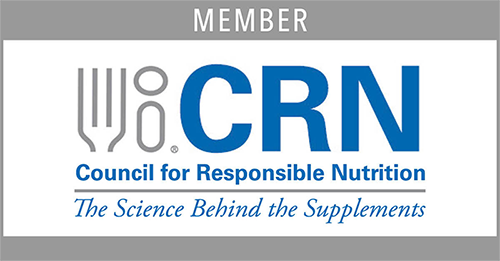What is it?*
Source Type: Trace element
Source(s):
- Naturally found in plant foods (apples, pears, raisins, nuts, legumes, leafy greens, whole grains)
- Chemically synthesized in labs, but normally for industrial applications
Boron is a naturally occurring trace mineral found in soil, water, and certain foods. In the human body, boron is not considered an essential nutrient at this time, but it is believed to have potential health benefits.
Benefits*
Boron is commonly used to treat yeast infections and menstrual cramps. Boron is also used for maintaining bone health and reducing the symptoms of osteoarthritis.
Effectiveness*
Observational evidence combined with findings from clinical studies suggests that boron might help reduce the symptoms of osteoarthritis, possibly by reducing inflammation. Researchers believe boron plays a role in bone health by aiding in the metabolism of calcium and magnesium. Some studies suggest that boron supplementation may contribute to improved bone density and strength.
Studies have found that applying boric acid inside the vagina can be possibly effective for treating yeast infections that don’t get better with other medications or treatments.
Boron is commonly used to help provide relief from menstrual cramps, but evidence of its effectiveness is limited at this time.
Risks*
Boron is generally considered safe when consumed in typical amounts. However, excessive intake of boron, especially from supplements, can lead to potential risks and side effects, including upset stomach, nausea, diarrhea, tremors, and irritability. In addition, doses over 20 mg daily might result in male fertility problems. People with kidney disease should not take boron supplements. There are currently no known medication interactions with boron.



